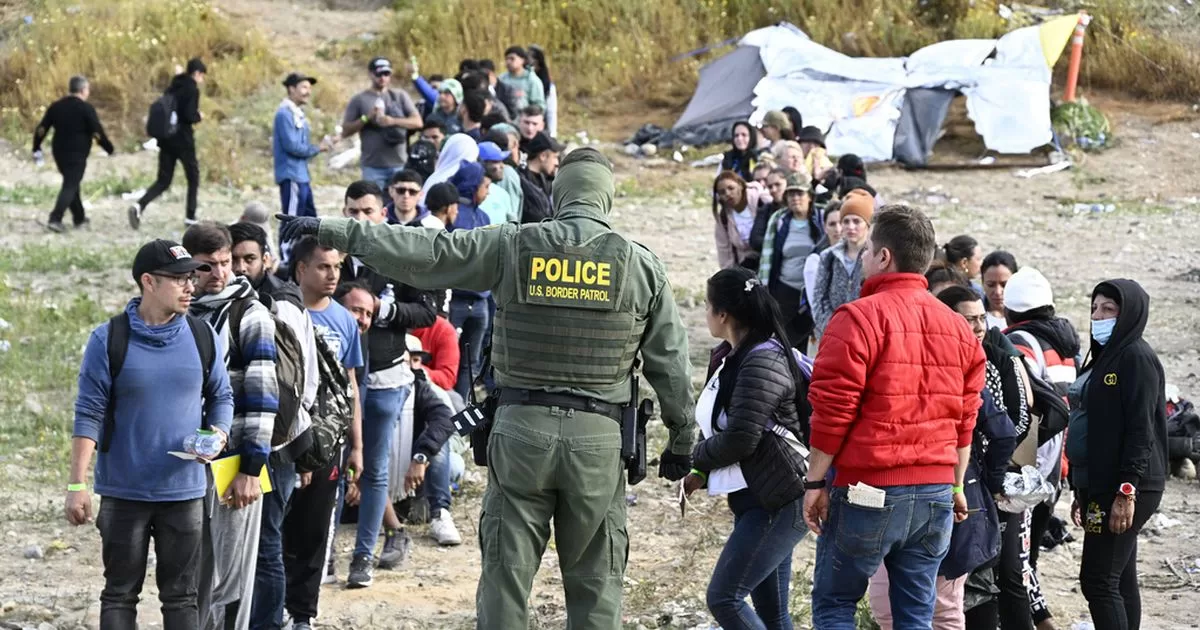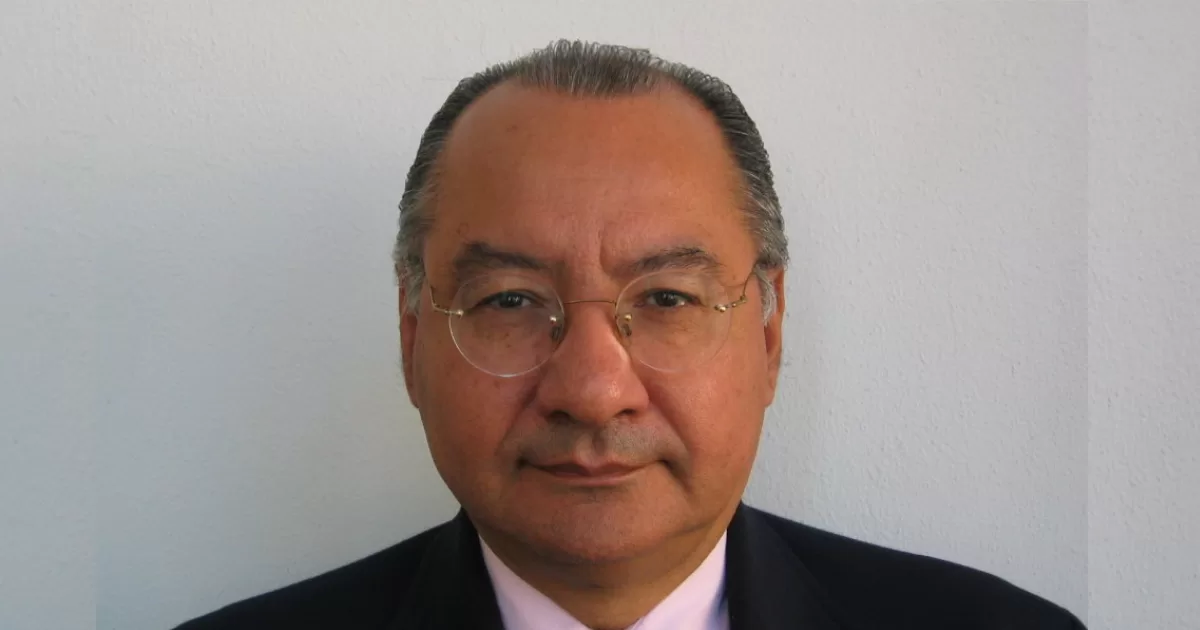Tel-Aviv, Israel.- The Israeli Prime Minister’s proposal to reform the judicial system unleashed the most intense social unrest in decades.
Israeli Prime Minister Benjamin Netanyahu’s proposal to reform the judicial system unleashed the most intense social unrest in decades.
Tens of thousands of people repeatedly protested in the streets against the plan, with spontaneous mass demonstrations across the country on Sunday night after Netanyahu fired his defense minister for questioning the reform.
The unrest finally showed signs of slowing down on Monday after Netanyahu announced a postponement of his plan, saying he wants to give time to find a deal with his political opponents on the controversial legislative package.
Israel’s largest trade union confederation has called off a nationwide strike after the Prime Minister suspended his plans. Netanyahu made the announcement after two days of large protests against the plan. The general strike paralyzed the country’s international airport and thousands of people gathered in front of Parliament for another day of protests. The union joined business leaders, bank managers, fighter pilots, military reservists, academics, former security commanders and other influential sectors of society to demonstrate against the plan.
Here’s a glimpse of how Israel fell into its most dire internal crisis in decades:
How did we get here?
Netanyahu, who is on trial for corruption in three separate cases, has been at the center of the political turmoil gripping the country since 2019.
After he was indicted, Netanyahu’s former allies in the government turned against him and he was unable to form a stable and lasting coalition. That led to a widespread political crisis that sent Israelis to the polls five times in less than four years.
After an 18-month political exile as opposition leader, Netanyahu returned to power late last year at the head of a coalition with ultra-Orthodox and ultra-nationalist allies, forming the country’s most right-wing government.
What does judicial reform seek?
After coming to power, key figures in Netanyahu’s Likud Party, along with their coalition allies, vowed to rapidly reform the country’s judiciary, which critics say is guided by a desire to push their ideological agendas with less oversight. judicial.
Opponents say the reform would change the country’s delicate system of checks and balances. They also say that Netanyahu has a deep conflict of interest in trying to reshape the legal system while he is on trial.
The Government says that legal changes are necessary to streamline governance in the face of an interventionist judiciary.
What motivated the latest protests?
Israel has experienced nearly three months of mass protests since Netanyahu’s confidant, Justice Minister Yariv Levin, unveiled the reform in January.
But the outburst of anger over the removal of Defense Minister Yoav Gallant, swiftly organized by the public largely via WhatsApp, was startling. Within about an hour, tens of thousands of people blocked Tel Aviv’s main road and thousands more demonstrated outside Netanyahu’s home in Jerusalem.
Gallant was the first cabinet member at ministerial level to break ranks and publicly call for a postponement of the reform. With morale low and soldiers threatening not to report for duty, Gallant argued that going ahead with the plan could jeopardize Israel’s military readiness.
In security-obsessed Israel, Gallant—a gruff retired general—is one of the most respected members of the new cabinet. By attacking the man responsible for national security, Netanyahu may have crossed a red line, inadvertently uniting this deeply polarized country by touching on national security, one of the few areas of national consensus.
What is the meaning of the general strike?
Israel’s largest union confederation is one of the country’s most powerful institutions, representing nearly 800,000 people in sectors including healthcare, banking, government services, childcare and transportation.
While the union has already paralyzed sectors of the economy in labor disputes over the years, it had never before gone on strike to protest a political issue.
The decision was felt almost immediately. Israel’s main international airport canceled all outbound flights, stranding more than 70,000 travelers. Doctors and daycare workers said they would not show up for work and others were expected to join as well.
The economy has been hit by the protests and the value of Israel’s currency has fallen against other currencies in recent weeks. A prolonged strike could have meant deeper and longer lasting damage.
What can happen now?
The postponement could help ease tensions and give Netanyahu some time to find an agreement. In the end, he decided to risk angering his far-right allies in the coalition, potentially threatening the stability of his government and raising the possibility of new elections.
Any new election would likely focus once again on Netanyahu’s suitability to govern while he faces serious legal issues.


